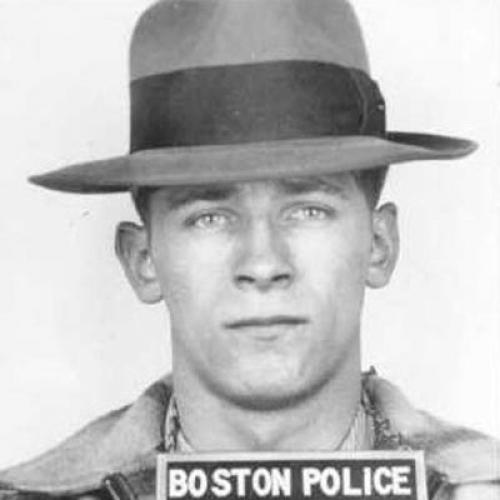Whitey Bulger Appeals 2013 Conviction
Posted on: August 20, 2014, 08:13h.
Last updated on: August 19, 2014, 02:22h.

James “Whitey” Bulger was convicted on 31 counts last year, including charges related to his involvement in 11 murders. That was enough to earn the former criminal mastermind and FBI informant two consecutive life terms in prison and a cell at the United States Penitentiary in Tucson, Arizona.
But if anyone thought that Bulger was going down without a fight, he’s intending to prove them wrong.
Lawyers for Bulger are asking a federal appeals court to overturn his conviction for participating in those 11 murders, arguing that the judge in the case “constitutionally deprived Mr. Bulger of his right to present an effective defense.”
That argument is laid out in a 201-page filing that was sent to the US Court of Appeals for the First Circuit by attorneys Hank Brennan and James Budreau.
Bulger Wanted to Testify
According to lawyers, Bulger wanted to take the stand in his own defense during the trial. However, US District Judge Denise Casper had barred Bulger from telling the jury that he had been promised immunity from all crimes by a now-dead federal prosecutor.
“The court ruled that the defense could not raise the immunity defense at trial in any form, including the defendant’s own testimony at trial,” Bulger’s legal team wrote. “This error effected the fundamental fairness of Mr. Bulger’s trial and his convictions should be automatically reversed as a result.”
Bulger, who is now 84 years old, planned to tell jurors that prosecutor Jeremiah T. O’Sullivan had promised him complete immunity in exchange for Bulger’s promise to protect “his life.” But Judge Casper would not allow that defense, saying that Bulger had no documentation to support his claims, and that even if such an agreement had taken place, O’Sullivan had no authority to offer such a promise.
The defense in turn argued that as the head of the New England Organized Crime Strike Force, O’Sullivan could indeed make such a deal.
Without the ability to bring up this defense, lawyers say that Bulger was left with no reason to testify in his own defense at last summer’s trial.
Prosecutors Dispute Claims
Prosecutors, however, tell a different story about what happened at the sensational trial. According to former assistant US attorney Brian T. Kelly, several judges had given Bulger the opportunity to present an immunity defense prior to the trial itself, but he had made the tactical decision to decline that opportunity.
“He had no license to kill or any other immunity agreement, and he repeatedly failed to take the opportunity to present it,” Kelly said.
Instead, prosecutors claim, Bulger likely didn’t take the stand in order to avoid a cross-examination in which he would have had to answer endless questions about his roles in crimes, including the 19 murders he was accused of participating in.
Ultimately, the jury found that Bulger participated in 11 murders, while finding that prosecutors had failed to provide enough evidence to convict him on seven others. On the final count, which involved the murder of Debra Davis in 1981, the jury was unable to reach a verdict.
Bulger’s lawyers defended their client by attempting to refute much of what appeared in Bulger’s FBI informant file, which alleged that he served as an informant from 1975 to 1990. In their appeal, the lawyers say that Bulger wanted to testify to “the systemic corruption that existed in the federal government during the 1970s through 1990s and the political and institutional motivations that led Jeremiah O’Sullivan and the Strike Force to provide immunity to James Bulger.”
No comments yet